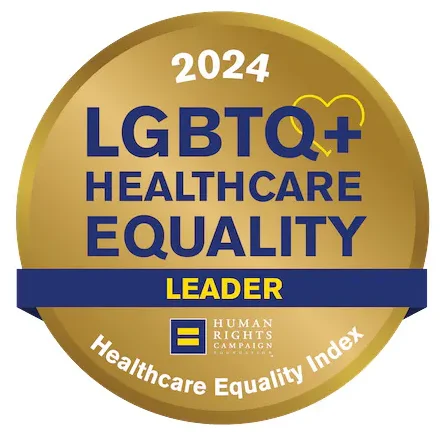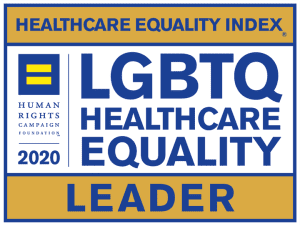
The Health Equity & Access to Care (HEAC) office has been recently established within the Student Health and Wellness (SHaW) department. Its purpose is to improve access to care through offering staff support and providing opportunities to expand cultural competence. In addition, the office promotes student engagement with a particular focus among students who are African-American, Latinx, Asian, American Indian, and other marginalized populations. Student engagement empowers students to address wellness related disparities and improve their ability to access campus resources. In summary, the HEAC office is here to assist students in reaching their health, mental health, and wellness potential and work to eradicate barriers that are linked to race, ethnicity, or other social factors.
A statement provided by members of the American College Health Association (ACHA) regarding the overturn of Roe v. Wade, "Regardless of political or religious beliefs, this decision will have an impact on our students, campuses, and institutions. This is an equity issue as well. As reported in The Chronicle of Higher Education, women from lower socioeconomic backgrounds are more likely to take breaks from college with the most cited reason being child-care responsibilities. It stands to reason that lower income students who can become pregnant are less likely to have access to abortion, and will be most impacted by restrictions."
For more information, including statements on the overturn of Roe v. Wade, please see, A statement from UConn President Dr. Radenka Maric and UConn Health CEO Dr. Bruce Liang, Governor Lamont Statement on U.S. Supreme Court Decision Overturning Roe v. Wade, and the American College Health Association (ACHA) Statement on the Overturn of Roe v. Wade.
Intersectionality of Race and Health
Major health disparities between racial and ethnic groups are well documented in the larger society, and the UConn community is a microcosm of the larger society. Black and Brown students have less access to health and wellness care, and they underutilize the resources that are available in our community for a variety of reasons. What are we doing to address these challenges?
Here are examples of how we strive to expand health equity and access to care by:
- Reviewing policies and practices to assure that they are more equitable and just.
- Developing initiatives to recruit and expand a more diverse provider pool.
- Implementing awareness training to cultivate cultural humility.
We are working to build a campus culture of promoting the human dignity and wellness for every student.
Ways to support your health:
Practical things:
- Acknowledge the pain—the anger, injustice, sadness, hurt, disappointment, despair, infuriation, indignation… the list could go on.
- Take time for yourself, away from the news—limit your exposure to traumatic images and videos. Do things that heal—sleeping, eating, breathing, drink water, exercise.
- Reach out to your community—lean on your network of support through texts, phone calls, FaceTiming, and the like. Sharing our collective pain helps to remind ourselves that we’re not alone in this.
- Use your voice—speak out, demonstrate, do something to help yourself and your community.
- Find people to practice allyship—who are those who look differently from you and who can speak to their communities and stand in solidarity with you? It’s not your job to educate everyone else. That’s emotional labor that others can and should take on.
- The burden should not fall on the oppressed to “fix”—we as a diverse community of people take responsibility to do our part in advocating for a just society, eradicating racism, and engaging in a nation and world characterized by love for each other.
Resources:
- One Village Healing: a New Haven-based wellness and healing arts initiative to collectively heal from the impact of systems of oppression with free virtual weekly healing spaces.
- The Boris Lawrence Henson Foundation: is currently offering free therapy during COVID-19 pandemic.
- The Steve Fund: a mental health and suicide prevention organization specifically focused on young people of color.
- Racism - Public Health Crisis (YouTube video)
- Live Another Day is an outreach organization that provides extensive information on mental health and substance use resources for People of Color.
Readings/Toolkits:
- Black Lives Matter resources
- The Audre Lorde Project; breaking isolation: self-care and community care tools
- Bon Appetit: Mental Health Resources Supporting Black People
- American Public Health Association: Racism and Health
Meditations:
- Coming Back to Breath Meditation by Alexis Pauline Gumbs
STORRS CAMPUS RESOURCES
SHaW’s Office of Health Equity & Access to Care
Program Coordinator, Melanie Penalosa melanie.penalosa@uconn.edu
Have a Question or Concern regarding Health Equity? Contact Us:
HEAC
For other questions or concerns, please email studenthealth@uconn.edu
HUMAN RIGHTS CAMPAIGN
UConn Student Health and Wellness has been awarded the LGBTQ Healthcare Equality Leader designation in the HRC's Healthcare Equality Index.

